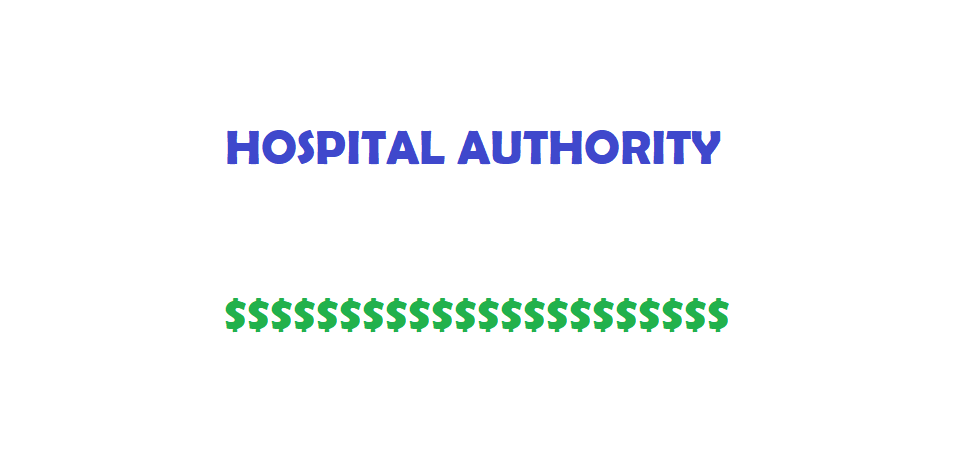
The U.S. Department of Health and Human Services (HHS), through the Health Resources and Services Administration (HRSA) awarded approximately $20 million in Rural Residency Planning and Development Program (RRPD) grants this week. Recipients across 21 states will receive up to $750,000 over a three-year period to develop new rural residency programs while achieving accreditation through the Accreditation Council for Graduate Medical Education.
Among those is Georgia’s own Hospital Authority of Colquitt County. The Moultrie-based hospital authority will receive $750,000.
“Promoting the health of rural America is one of the Trump Administration’s healthcare priorities,” said HHS Secretary Alex Azar. “Supporting the training of healthcare providers in rural areas through grants like these is a key way to help expand rural access to care, and is part of an overall effort to support rural healthcare in sustainable, innovative, and flexible ways.”
The RRPD program, administered by HRSA’s Federal Office of Rural Health Policy (FORHP) and Bureau of Health Workforce (BHW), is part of a multi-year initiative by HRSA to expand the physician workforce in rural areas by developing new, sustainable residency programs in family medicine, internal medicine, and psychiatry. The recipients of the awards include rural hospitals, community health centers, health centers operated by the Indian Health Service, Indian tribes or tribal organizations, and schools of medicine.
“The health challenges in rural America are clear: rural communities face a greater risk of poor health outcomes than their urban counterparts,” said HRSA Administrator George Sigounas, MS, Ph.D. “Programs like the Rural Residency Planning and Development grants take aim at one of the most persistent disparities: access to high quality healthcare providers. HRSA is committed to increasing the number of providers serving rural communities and improving health in rural America.”
Rural residency programs often face challenges in securing sustainable financing and faculty support. The RRPD grant award funding will help recipients address these challenges.
“Training residents in rural areas is one strategy shown to successfully encourage graduates to practice in rural settings,” said HRSA Associate Administrator for FORHP Tom Morris. “The rural residency grants set up these 27 future residency programs for success.”
“We know that clinicians who train in rural settings are more likely to continue to practice there after they complete their residencies,” said HRSA Associate Administrator for BHW Dr. Luis Padilla. “Rural communities are more likely to have a shortage of health professionals. The rural residency grants are one more way HRSA is helping to expand the health workforce and increase access to quality healthcare for these communities.”
To review a complete list of all grant recipients visit www.hrsa.gov/rural-health/rural-residency-planning-development.
Information from the US Department of Health & Human Services.


Bulloch Public Safety
02/27/2026 Booking Report for Bulloch County

Chattooga Opinions
Deborah Devotions: Praising God

Chattooga Local News
Summerville 10U Team Disqualified After Eligibility Ruling Based on 2022 Lease

Bulloch Public Safety
02/26/2026 Booking Report for Bulloch County

Bulloch Public Safety
02/09/2026 Booking Report for Bulloch County

Bulloch Public Safety
02/16/2026 Booking Report for Bulloch County

Bulloch Public Safety
02/20/2026 Booking Report for Bulloch County

Bulloch Public Safety
02/17/2026 Booking Report for Bulloch County

Bulloch Public Safety
02/02/2026 Booking Report for Bulloch County





